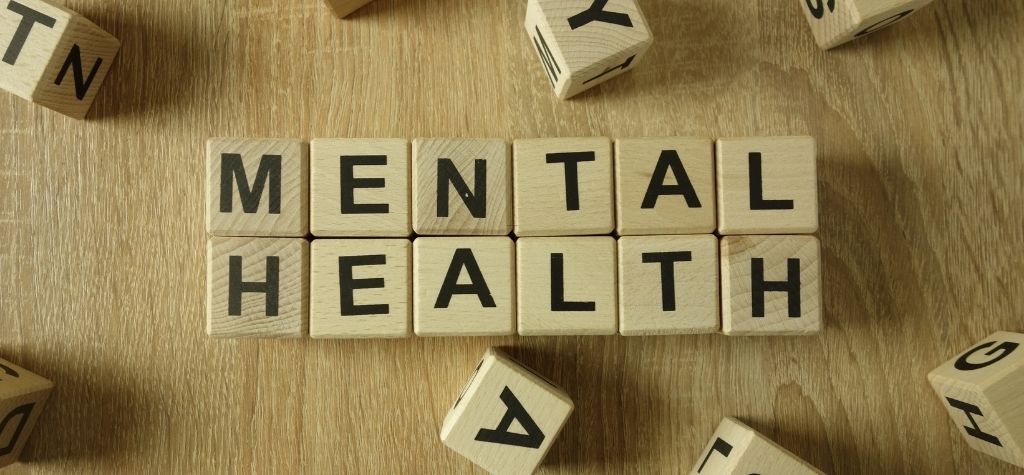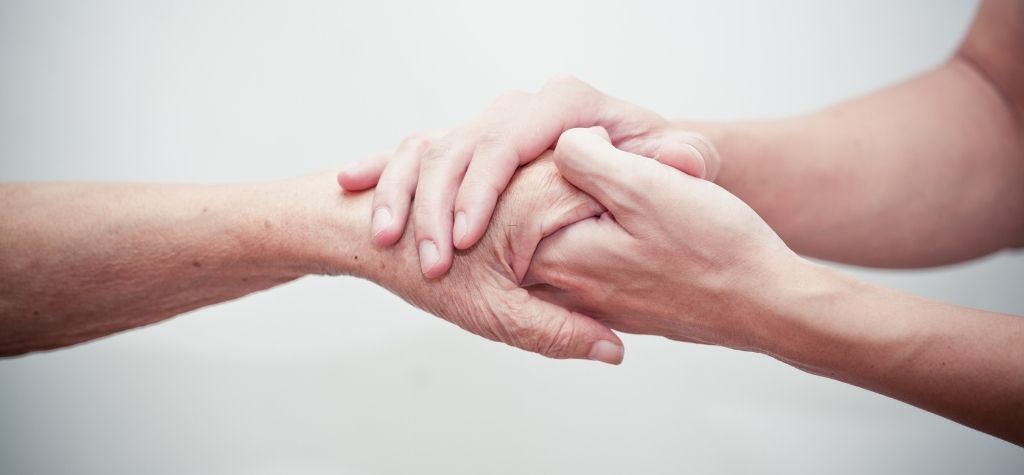Vision is a key part of how we understand the world. Yet, many people underestimate the connection between their eyes and their emotions. In 2025, as our lives become even more screen-driven and fast-paced, the number of people silently suffering from untreated vision problems is growing. These issues don’t just affect your ability to see—they can deeply impact your mental health in ways that are often surprising.
From kids in classrooms to seniors at home, poor vision can change how people feel, act, and connect with others. Let’s explore six unexpected ways untreated vision problems could hurt your mental health—and what you can do to protect both your sight and your sanity.
1. Cognitive Decline and Mental Strain

How Blurry Vision Overworks the Brain
When your eyes can’t see clearly, your brain works overtime to fill in the gaps. This causes mental fatigue, frustration, and can even lead to memory issues. You might not realize it, but straining to read, drive, or follow a conversation takes a toll on your cognitive function.
The Dementia Link
Recent studies suggest a powerful link between vision loss and cognitive decline. In older adults, untreated eye problems like cataracts or macular degeneration may speed up the onset of conditions like dementia or Alzheimer’s disease. When your eyes aren’t stimulated, your brain isn’t either—and that can lead to lasting mental damage.
2. Social Isolation and Loneliness
Withdrawing from the World
Poor vision often causes people to stay home more. Why? Because they feel unsafe walking around, can’t recognize faces, or simply fear embarrassment. This creates a dangerous pattern of isolation that can quickly spiral into loneliness.
Emotional Toll of Feeling Left Out
When people can’t see well, they’re often excluded from social activities—not because others don’t care, but because participation becomes harder. This sense of disconnection can lead to sadness, low mood, and eventually, depression.
3. Anxiety From Everyday Challenges
Routine Tasks Become Stressful
Imagine being nervous every time you leave the house. Whether it’s crossing the street, reading signs, or finding your seat on a bus, poor vision creates a constant state of alert. The world feels unpredictable—and anxiety thrives on unpredictability.
Living in a Fog of Uncertainty
When your eyes don’t clearly show you what’s around, you start to doubt yourself. People living with untreated vision issues often report feeling unsure, overwhelmed, or confused—even in familiar situations. This ongoing uncertainty builds up and can evolve into generalized anxiety.
4. Depression and Hopelessness from Sensory Loss

The Silent Weight of Losing Your Sight
Vision is tied to independence. Losing it—even partially—can make someone feel helpless. It becomes harder to care for oneself, work, or enjoy hobbies. Over time, these limitations can contribute to deep feelings of worthlessness and depression.
Depression Makes Treatment Harder
One of the cruelest cycles is that depression often prevents people from getting help. If you’re already struggling emotionally, it’s harder to schedule an eye exam, follow through on treatments, or seek support—meaning the vision problem (and the depression) just gets worse.
5. Self-Esteem and Confidence Issues
Feeling Inadequate in Everyday Life
Simple things like misreading a menu, struggling to drive, or missing social cues can seriously affect how you see yourself. These small but frequent failures lead to embarrassment, guilt, and a deep sense of inadequacy.
Body Image and Identity Challenges
Vision tools like thick glasses or white canes are essential, but some people feel ashamed using them. Young people, in particular, may feel self-conscious about their appearance or worry about being judged, leading to a negative body image and poor self-esteem.
6. Sleep Problems and Mental Fatigue
Vision Fatigue Disrupts Sleep Cycles
Eye strain—especially from screens—can throw off your sleep. Blue light from devices interferes with melatonin production, the hormone that helps you fall asleep. If your eyes are already struggling, this digital exposure only makes things worse.
Interrupted Circadian Rhythms
Your eyes help regulate your internal clock. When vision deteriorates, especially due to retinal damage or lack of natural light exposure, it can disrupt your circadian rhythms. The result? Insomnia, fatigue, and emotional instability—all of which hurt your mental health.
Children, Teens, and Seniors at Risk

Kids with undiagnosed vision issues often fall behind in school, feel frustrated, and may act out. Teens may withdraw or feel embarrassed in social situations. Older adults with vision loss face a double burden: declining eyesight and the emotional impact of losing independence.
Vision Issues and Work-Related Mental Strain
Untreated vision problems can also affect your job. Employees may make mistakes, feel overwhelmed, or get passed over for promotions—leading to burnout or fear of job loss. This financial insecurity compounds stress and anxiety.
The Eye-Brain Connection: More Than Meets the Eye
Neurologists are increasingly emphasizing the deep connection between eye health and brain health. Eye exams in 2025 now screen for early signs of neurological issues, making them a powerful tool for mental and physical health.
Prevention and Support: What You Can Do
- Get regular eye exams every 1–2 years.
- Use blue light filters on devices.
- Try vision-friendly lighting at home.
- Support mental health through therapy or counseling.
- Explore assistive technology like magnifiers or screen readers.
How to Help Someone With Vision Problems

- Offer gentle encouragement to get an eye check.
- Help them set up appointments or transportation.
- Be patient and supportive in daily tasks.
- Use large-print or high-contrast materials.
- Connect them with support groups or services like Prevent Blindness.
Frequently Asked Questions
Q1: Can poor vision really lead to depression?
Yes. Studies have shown that people with untreated vision loss are significantly more likely to experience depression due to isolation, loss of independence, and daily struggles.
Q2: What are signs my child’s vision affects their mood?
Look for sudden mood swings, school avoidance, frustration with reading, or sitting too close to screens.
Q3: How often should I get my eyes checked?
Every 1–2 years, or more frequently if you have conditions like diabetes or a family history of eye disease.
Q4: Are mental health services equipped for vision-related cases?
Some are, but not all. Seek out professionals who understand sensory-related mental health or consult specialists in low vision rehabilitation.
Q5: Can fixing vision improve my mental clarity?
Absolutely. Many people report feeling more focused, less anxious, and more confident after correcting vision issues.
Q6: How do I talk to someone about their untreated vision problems?
Be compassionate. Start with concern for their well-being, share resources, and offer to help schedule an eye appointment.
Conclusion: Don’t Overlook Your Vision in 2025
Untreated vision problems aren’t just an inconvenience—they’re a silent mental health crisis. In 2025, where screens dominate and isolation is common, protecting your eye health is one of the smartest moves you can make for your emotional well-being. Whether it’s for yourself or someone you love, don’t delay: clear vision could be the key to a clearer mind.

